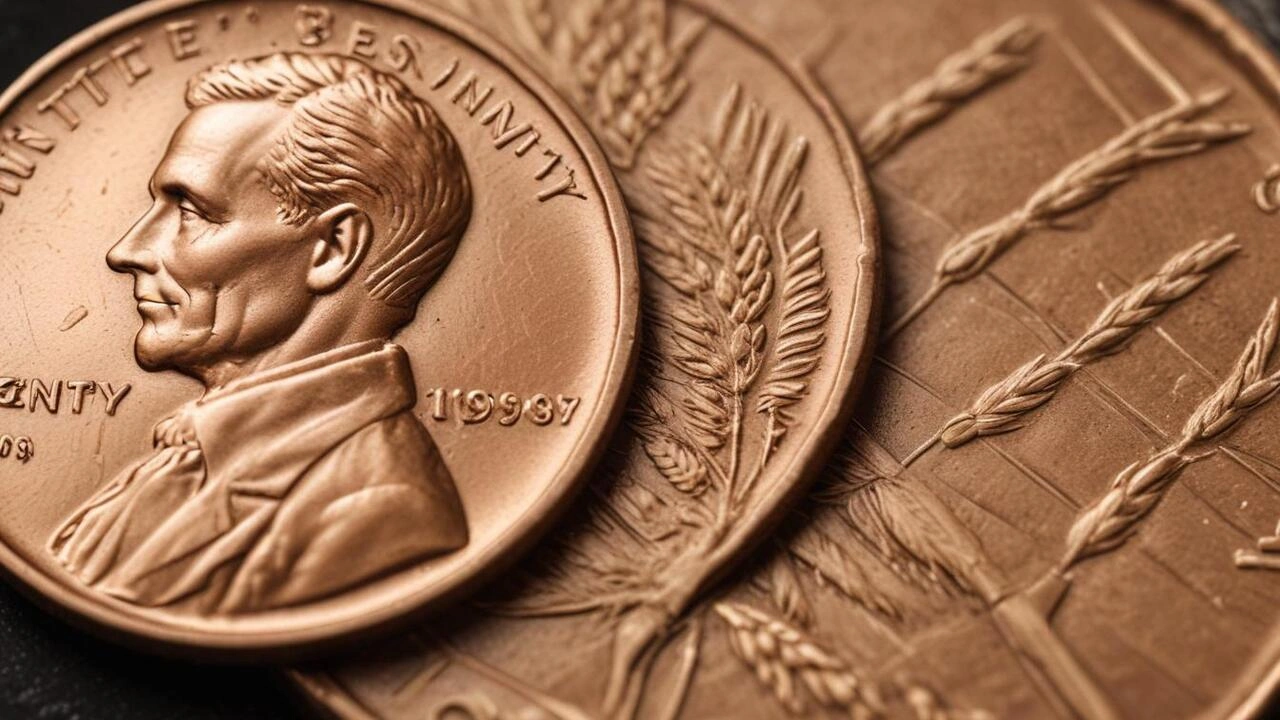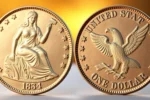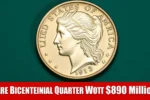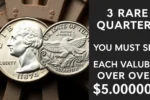Some pennies, which are often regarded as insignificant, have become incredibly valuable over the years due to unique characteristics, historical significance, or minting errors. While most of us might overlook a penny, certain rare ones have fetched extraordinary prices at auctions. Let’s explore the eight most valuable rare pennies, their unique features, and tips on how to spot them. These coins might just inspire you to dig through your pocket change or dust off that old jar of pennies in your drawer.
Overview: The Most Valuable Rare Pennies and Their Worth
| Penny | Reason for Value | Top Condition Value | Key Identifying Features |
|---|---|---|---|
| 1943 Copper Penny | Minting error during WWII | Up to $300,000 | Copper color, does not stick to magnets |
| 1914-D Wheat Penny | Limited mintage | Up to $100,000 | “D” mint mark below the year |
| 1909-S VDB Penny | First Lincoln penny with designer’s initials | Over $50,000 | “VDB” on reverse near wheat stalks |
| 1955 Doubled Die Penny | Striking error with doubling effect | Over $1,000 (in circulation) | Visible doubling in text and numbers |
| 1972 Doubled Die Penny | Similar error to 1955 version | Thousands of dollars | Doubled text and date |
| 1969-S Doubled Die Penny | Rare doubling error | Tens of thousands | Significant doubling on text and date |
| 1922 No D Wheat Penny | Minting error, missing mint mark | Over $10,000 | Missing “D” mint mark |
| 1944 Steel Penny | Mistaken use of steel planchets | Tens of thousands | Magnetic, not copper-colored |
1. The Legendary 1943 Copper Penny
In the midst of World War II, copper was in short supply, so the U.S. Mint switched to using steel for the production of pennies in 1943. However, a few copper planchets were accidentally used, resulting in the rare 1943 Copper Penny. Today, these coins are among the most valuable, with some selling for as much as $300,000.
Why It’s Valuable: The 1943 Copper Penny is an error coin, and very few remain in circulation today. Its rarity and the history behind it make it highly desirable among collectors.
How to Spot It:
- Made of copper (not steel).
- Does not stick to magnets (unlike the steel pennies of the same year).
Value: Up to $300,000 in top condition.
2. The 1914-D Wheat Penny
The 1914-D Wheat Penny is another sought-after coin due to its low mintage. With just over 1.2 million produced, this coin is rare, especially in mint condition. Most 1914-D pennies were heavily circulated, making well-preserved examples incredibly valuable.
Key Features:
- “D” mint mark below the year on the front.
- Part of the Wheat Penny series, featuring wheat stalks on the reverse.
Value: Up to $100,000 for coins in excellent condition.
3. 1909-S VDB Penny: A Historic Treasure
The 1909-S VDB Penny holds historical significance as the first Lincoln penny ever minted. Designed by Victor D. Brenner, the initials “VDB” were engraved on the reverse of the coin. However, after public controversy, these initials were removed from the design, making the original 1909-S VDB Penny extremely rare.
Why It’s Valuable: Only 484,000 of these coins were minted, making them highly coveted by collectors.
How to Identify It:
- Look for the “S” mint mark on the front of the coin.
- The “VDB” initials are found on the reverse side, near the base of the wheat stalks.
Value: Over $50,000 in top condition.
4. The Doubled Die Pennies
Doubled die pennies are a result of a minting error where the design is struck twice, creating a doubled effect. These pennies are often easy to spot and are highly valued by collectors.
Notable Examples:
- 1955 Doubled Die Penny: Famous for the prominent doubling on the date and text. Even circulated versions are worth over $1,000.
- 1972 Doubled Die Penny: Similar to the 1955 version, with noticeable doubling on the lettering.
- 1969-S Doubled Die Penny: Rare and valuable, with significant doubling on the obverse text and date.
Value: Can be worth thousands, depending on the coin’s condition.
5. The 1922 No D Wheat Penny
In 1922, the Denver Mint produced all pennies with a “D” mint mark. However, due to a worn die, some coins were struck without the mint mark, creating the rare 1922 No D Wheat Penny.
Why It’s Unique: The absence of the “D” mint mark makes this coin a standout in the world of numismatics.



